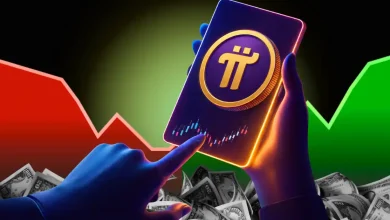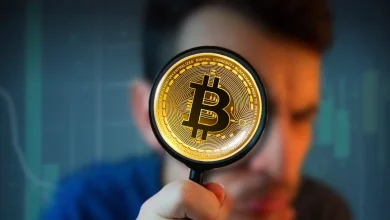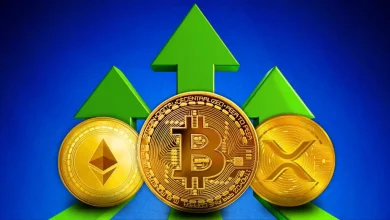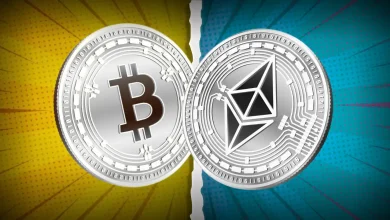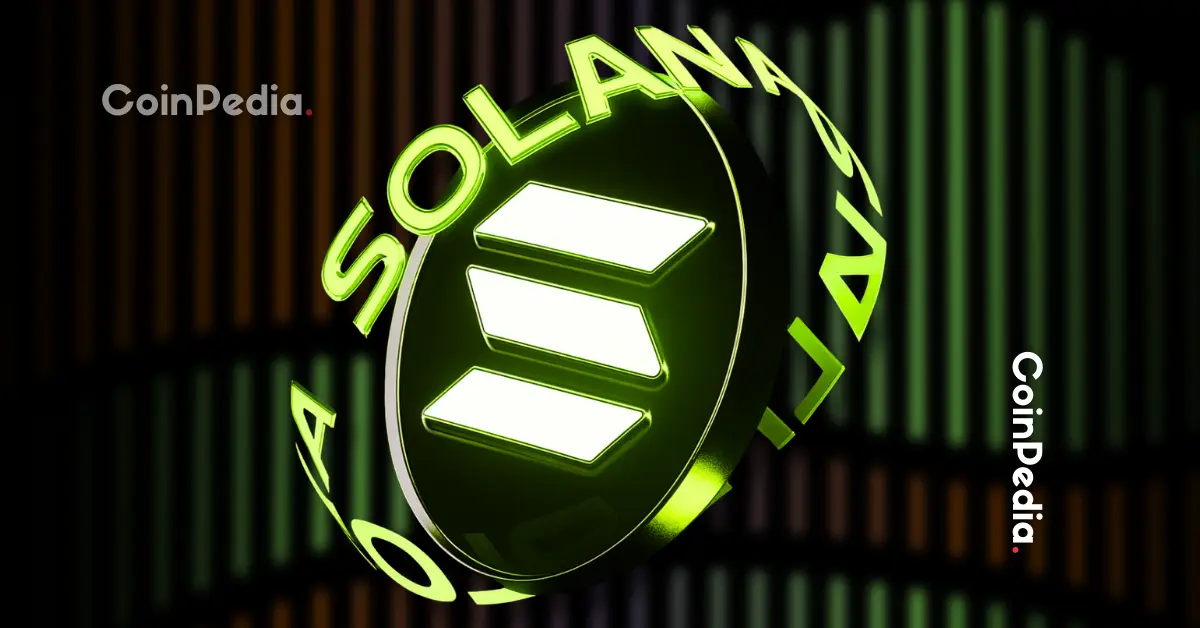
Bitwise’s Solana Staking ETF (BSOL) debuted with strong numbers - $55.4M in first-day volume and $217M AUM
The launch drew a calmer reaction compared to earlier Bitcoin and Ethereum ETF debuts.
Analysts see the event as a key step in expanding regulated crypto exposure beyond BTC and ETH.
The long-awaited launch of the Bitwise Solana Staking ETF (BSOL) on October 28 marked a new milestone for the Solana ecosystem and for crypto’s growing ETF market. The numbers were impressive: $55.4 million in trading volume and $217 million in assets under management on day one, according to Bitwise.
But while the performance met expectations, some in the community felt the tone around it was more restrained than the early, high-energy Bitcoin and Ethereum ETF launches.
“Maybe it’s just me, but BSOL’s first day didn’t feel like a cultural event,” read a post on Reddit’s r/solana forum. “The adoption many of us wanted… just delivered in a suit and tie.”
Volume, Flows, and a Promising Start for Solana
Bitwise described BSOL’s debut as a “big first day.” Bloomberg’s Eric Balchunas cited trading volume of around $56 million, showing genuine investor participation.
The ETF comes with a 0.20% management fee, temporarily waived, and includes staking exposure targeting about 7% in rewards – a key feature that differentiates it from most existing crypto ETFs.
The listing also came just before Grayscale’s GSOL ETF, which is set to begin trading today on NYSE Arca, expanding access to Solana through a second major product.
According to analysts, this launch sits between Bitcoin and Ethereum’s first-day performance when adjusted for scale. While Bitcoin ETFs saw around $4.6 billion in trading and Ethereum ETFs about $1.1 billion, Solana’s debut reflects its relative market size and investor base.
So Why Did It Feel “Muted”?
The quieter online response doesn’t necessarily signal weak interest. It highlights how the environment has evolved with the focus now on infrastructure and integration.
Thomas Uhm, Chief Commercial Officer at Jito, called the approval of staked Solana ETFs “a significant step for institutional access to crypto.”
He noted that it validates months of work on custody, liquidity, and regulatory coordination, which are areas that have become central to crypto’s mainstream expansion.
Why It Matters
Solana’s ETF launch also represents the first wave of non-Bitcoin, non-Ethereum crypto ETFs in the U.S., alongside smaller Hedera and Litecoin products on Nasdaq. It tests whether institutional demand can extend beyond the top two digital assets and whether regulated exposure can support sustained inflows.
SOL is currently hovering around $194. Trading volume was lower than the weekly average, but buyers stepped in near support levels, showing continued market engagement.
As the Reddit post concluded, this moment may be “a legitimacy step, not a confetti cannon.”
For an industry seeking stability after years of extremes, that might be exactly what progress looks like.
FAQs
The Bitwise Solana Staking ETF (BSOL) lets investors gain Solana exposure through a regulated fund that also earns staking rewards of around 7%.
It’s the first U.S. Solana ETF with staking exposure, expanding institutional access beyond Bitcoin and Ethereum and signaling broader market maturity.
BSOL includes staking rewards and low fees, combining passive Solana exposure with yield potential—something most crypto ETFs don’t offer.
Trust with CoinPedia:
CoinPedia has been delivering accurate and timely cryptocurrency and blockchain updates since 2017. All content is created by our expert panel of analysts and journalists, following strict Editorial Guidelines based on E-E-A-T (Experience, Expertise, Authoritativeness, Trustworthiness). Every article is fact-checked against reputable sources to ensure accuracy, transparency, and reliability. Our review policy guarantees unbiased evaluations when recommending exchanges, platforms, or tools. We strive to provide timely updates about everything crypto & blockchain, right from startups to industry majors.
Investment Disclaimer:
All opinions and insights shared represent the author's own views on current market conditions. Please do your own research before making investment decisions. Neither the writer nor the publication assumes responsibility for your financial choices.
Sponsored and Advertisements:
Sponsored content and affiliate links may appear on our site. Advertisements are marked clearly, and our editorial content remains entirely independent from our ad partners.

